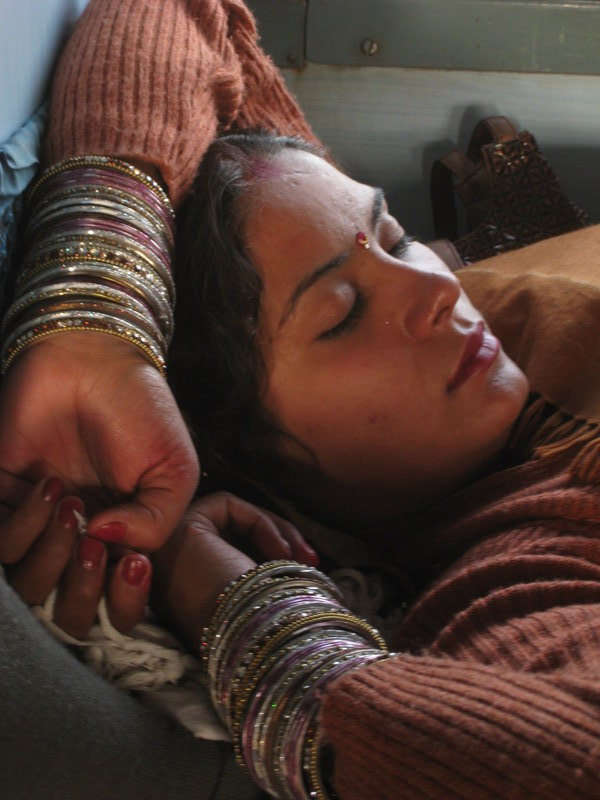Nandita Kochar
The concept of multiculturalism sounds very simple – when a professional counsellor works with clients who come from different cultural backgrounds and understanding how this aspect affects the relationship between the two. The definition has been expanded to also include gender, sexuality, age, socioeconomic status, caste, religion, location, special needs and more. Happy Ho organizes best Meditation and Tarot classes in Noida and Delhi NCR area in India.
The first step for an effective process is to understand and acknowledge differences in the above mentioned categories. And the acknowledging can happen in a way where you acceptingly discuss the differences with the client, in a non-threatening or non-depreciating manner. This can only be achieved if you show an intent to learn more about the client’s background in order to be of more help to them, and not to judge them or put labels. It is only then you can create culturally sensitive interventions.
A very integral part of the process is becoming more aware of your own biases, prejudices, stereotypes or beliefs regarding a particular group of people. Notice if your behaviour changes in the presence of a client from a certain background like maybe a transgender male or a Muslim. And then discuss these changes with your supervisor. Your unwillingness towards addressing these issues will only harm the client, someone who must be your first priority.
Staying updated with information about different kinds of people requires regular study, interactions with such people and feedback from clients. Becoming a competent multicultural counsellor is a lifelong process.

